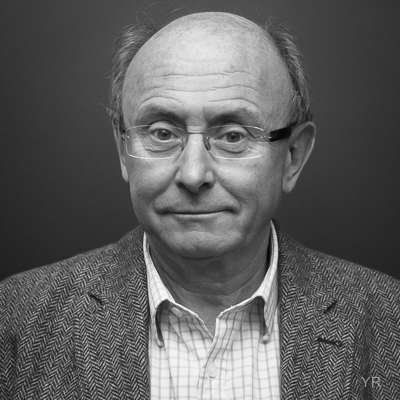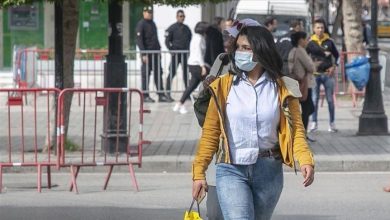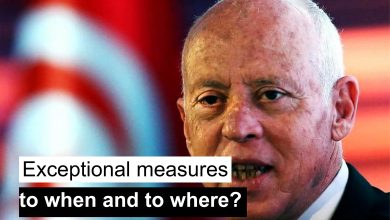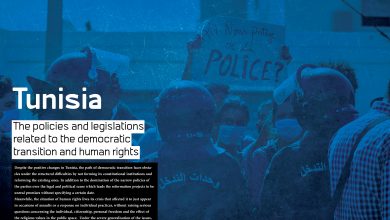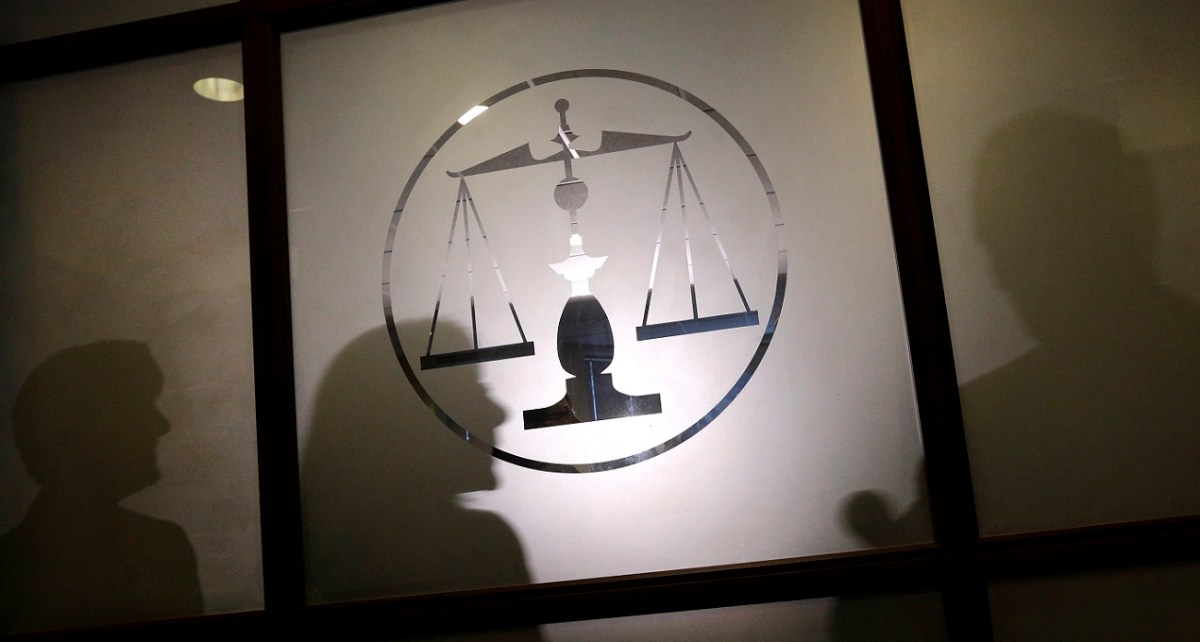Adjusting the use of Facebook and its effects on democracy: what would we tell the “wrong generation” if we misevaluated?
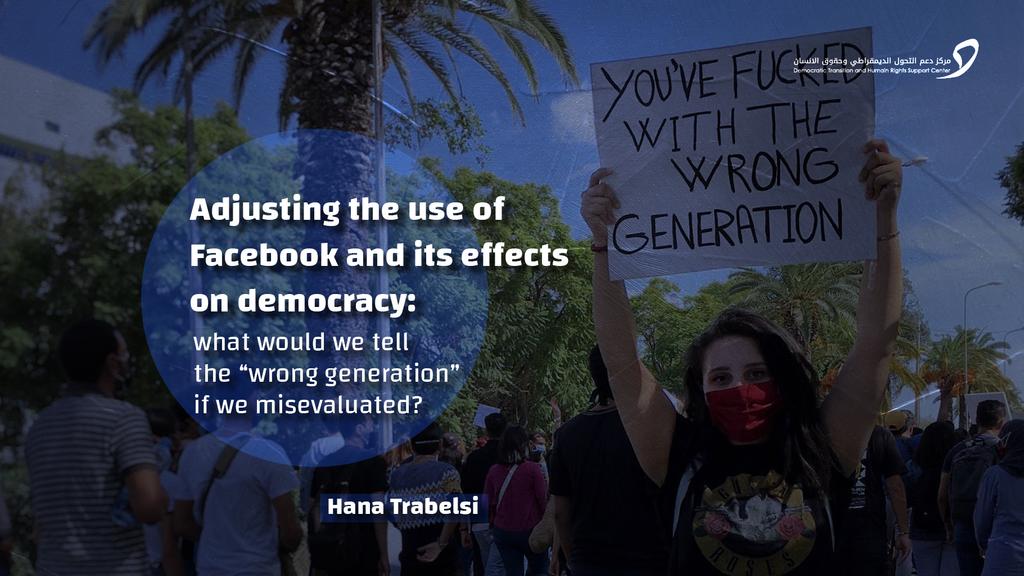
Daam forum
By
Hana Trabelsi
Hypothesis and research results vary in the academic spheres relating to media and communication science, between researchers that fundamentally adopt approaches in a form that may be considered “chauvinist” or “utopian” for media and communication technology, and between other currents whose hypotheses and research principles reach the point of expressing an outright hostility to technology in general and to the development of a type of technology phobia, especially when it comes to its socio-cultural, political and educational influences.
The victorious currents are usually largely linked to technology and the exaggeration of its features and its ability to change societies and people, usually it is linked to ideological currents and political, capitalist and consumer forces and forces that have framed, blessed and pushed to polish the image of technology, or to say it exaggerated it through major international and regional demonstrations and programs similarly to the Information Society Summit. That summit, which was organized by Tunisia in 2005, during which it praised the great role of communication technology and the Internet, in particular, at a time when these means were subject to electronic censorship and even the blogs dealing with kitchen topics were blocked in the same year in which the activist Zuhair Yahyaoui passed away. Zuhair, or as he became famous on the network “Al Tounisi”, was one of the first Tunisian activists on the Internet and the first victim of the electronic police of the Ben Ali regime, who was arrested and imprisoned a few months before his death for using the Internet to criticize the Ben Ali regime through his Tunezine blog. Zuhair’s health was greatly deteriorated in Ben Ali’s prisons, where he encountered various types of torture and ill-treatment, which precipitated his death in 2005, he was 38 years old, and in a context in which the Ben Ali regime and his guests at the Information Summit celebrated the importance of the Internet and the openness of Tunisia and the region to it and the state’s support for it and the youth. Those wishing to adopt it and develop its uses, which confirms that the victory of technology and its glorification can only be a means of political propaganda and diplomatic flirtation, while the local uses and contexts of blocking, arrests, torture and others … are quite another topic.
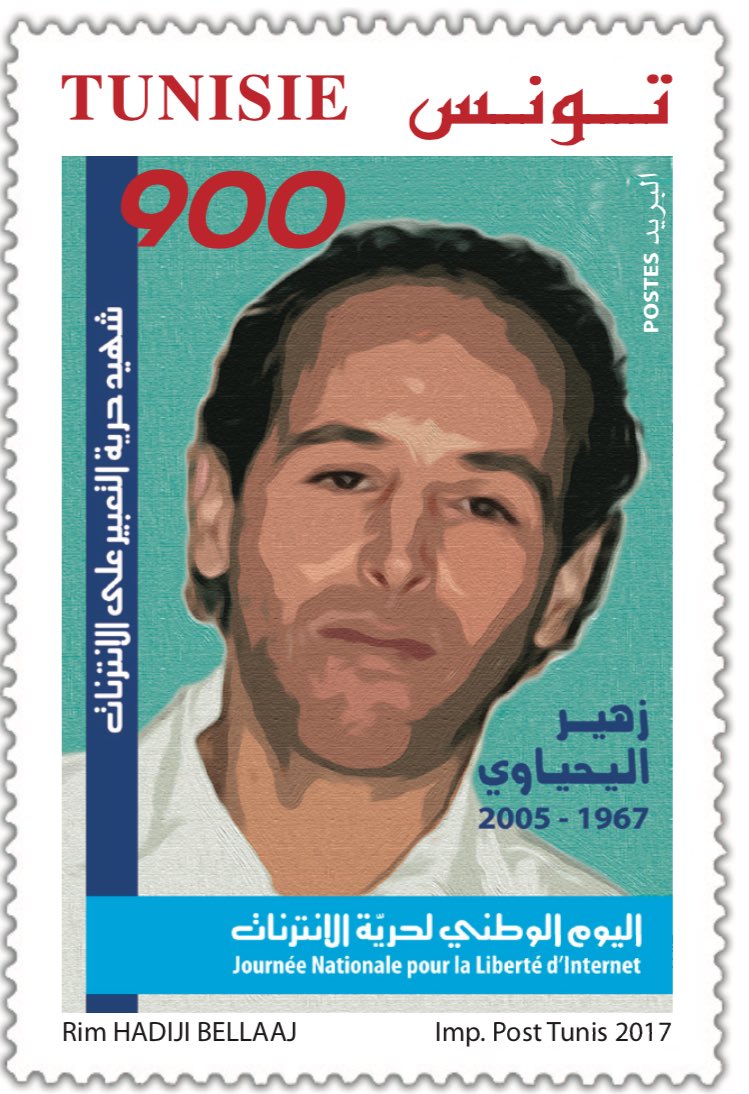
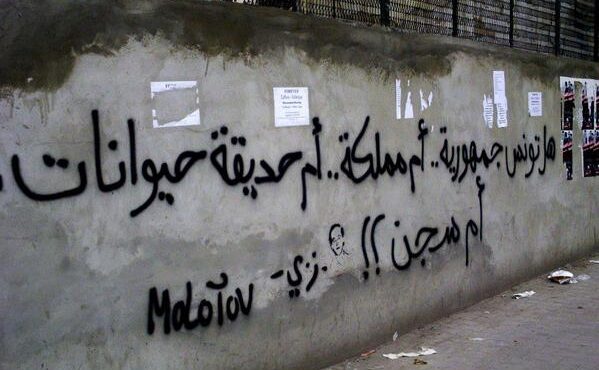
Of course, among the supporters of technology and its fierce enemies, we find other currents that are relatively newer compared to the rest of the aforementioned currents, which date back more than 50 years. They are mainly currents ranging between belief in the important role that information and communication technologies play and their sociocultural, political, and economic impact on modern societies on the one hand. On the other hand, without eliminating the active existence of the user and the great role played by the context and sometimes the radical differences between users in relation to their psychological, educational, social and cultural peculiarities, how they use technology and the limits they draw for themselves or imposed on them by oppressive regimes or about which they agree in some way with their societies and with the legislature, local and international policies, etc., especially in relation to their economic potential and the developmental conditions surrounding them.

The infrastructure differs from one place to another and the purchasing power differs from one person to another, especially since the connection to the Internet in Tunisia is not free, and according to international statistics it is considered relatively expensive compared to the purchasing power and the minimum wage rate, but it is somewhat strange in this area, that this technology As a focus of research, it witnesses frightening rapid changes sometimes, and as it changes and develops, whether for better or worse, we notice that the uses of its users and the methods of their adoption and adaptation are also witnessing sudden and rapid changes in the development of these technologies.
We often find uses that direct the inventors and developers of social media, for example, to activate services, platforms, and modifications that users have anticipated before being thought of or invented by the owner of these networks. Here, we can take Facebook as an example, as it has transformed since its inception in 2004 from a platform for Harvard students to a social network that combines news, entertainment, image and video, and commerce, publishing reports and official and private invitations, offering congratulations and condolences, probing opinions, providing an overview of the weather, advertisements, notice of demonstrations and reporting. With possible suicides, reassuring friends and family in the event of a natural disaster, providing job offers and other services and uses …

In Tunisia, since the revolution of 17-14 January 2011, researchers and experts, whether at the local or international level, have focused on studying the role that Facebook played in the Tunisian revolution. Several labels have been created in this regard, perhaps the most prominent of which are: “the digital revolution, the Facebook revolution, la révolution 2.0” and the new or new designations and professions that resulted from it, such as: “digital activist, human rights blogger, cyber-dissidence cyber-activist, citizen journalism, alternative media” All the way to “Content Creator, Influencer, YouTuber, Instagramer and others …
The issue was addressed through approaches that mostly adopt technical determinism, so there was almost complete unanimity for a while on the “supernatural power of social networks in fuelling revolutions and their success and in support of democratic transition and changing political regimes.” The role of these media, headed by Facebook, as the most used network in Tunisia, has been the focus of many scientific and academic forums and events in the world and in Tunisia, which often adopt the proposition described by some researchers, led by “Dominique Wolton” as utopic, which adopts deterministic approaches throughout the first half of the past decade has enabled many national and international institutions and organizations to obtain many funds that were spent specifically to study, dismantle and build upon the phenomenon, which made many of the interveners compete to present their research and training projects to funders in this field forgetting many of the points that are considered dark regarding the uses and effects of Facebook In Tunisia posterior to the revolution and the important role played by the relevant authorities , syndicates (student and political), the citizens in popular areas in leading the revolution and in sparkling it.
As the reports of some monitoring, follow-up and support organizations for democratic transition and freedom of expression indicate the many flaws and negatives stemming from Facebook’s use in Tunisia in the political context in particular. Examples directly related to Facebook’s effects on democracy are numerous. We can start with the amount of endless violence on Facebook specifically. Violence against anyone who disagrees with the opinion. A great lack of analysis and discussion of contents and ideas, and a noticeable outbreak of digital violence, especially during election periods and political crises, where political pages informally supportive of the candidates exchange violent speeches to defeat opponents much more than they publish the contents aimed at presenting the candidate’s programs and perceptions and persuading them, in addition to the campaigns of atonement and threats of liquidation. Which has always affected public figures, especially women, such as Olfa Youssef, Nadia Feni, Bochra BelHajj Hmida, Saida Garrech, Abir Moussi, Mahrezia Laabidi, Maya Qssouri, or more recently, Jamila Dabash Ksiksi and Chaima Bouhlel.
All of these uses undoubtedly represent a clear threat to democracy, which is based on ensuring freedom of expression and freedom of conscience and on a complete system of value that favours respect and responsibility, giving priority to knowledge and solid argument over violence and force. We can also bring up a phenomenon that has swept Facebook in a noticeable way, which is spreading rumours and distorting news and the data and sowing chaos and panic. As the user gets news from Facebook that is full of rumours and distortions that are published either out of real ignorance or for the purpose of gathering the largest possible number of followers and enlarging the audience base of the page for purely commercial profit goals or for political purposes based mainly on distorting opponents, overthrowing them and attracting new loyalists. This affects a major pillar of democracy in its comprehensive dimension, which assumes transparency and respect, and on the other hand, affects the performance of media outlets whose work is based on professionalism and respect for the ethics of the journalistic profession.
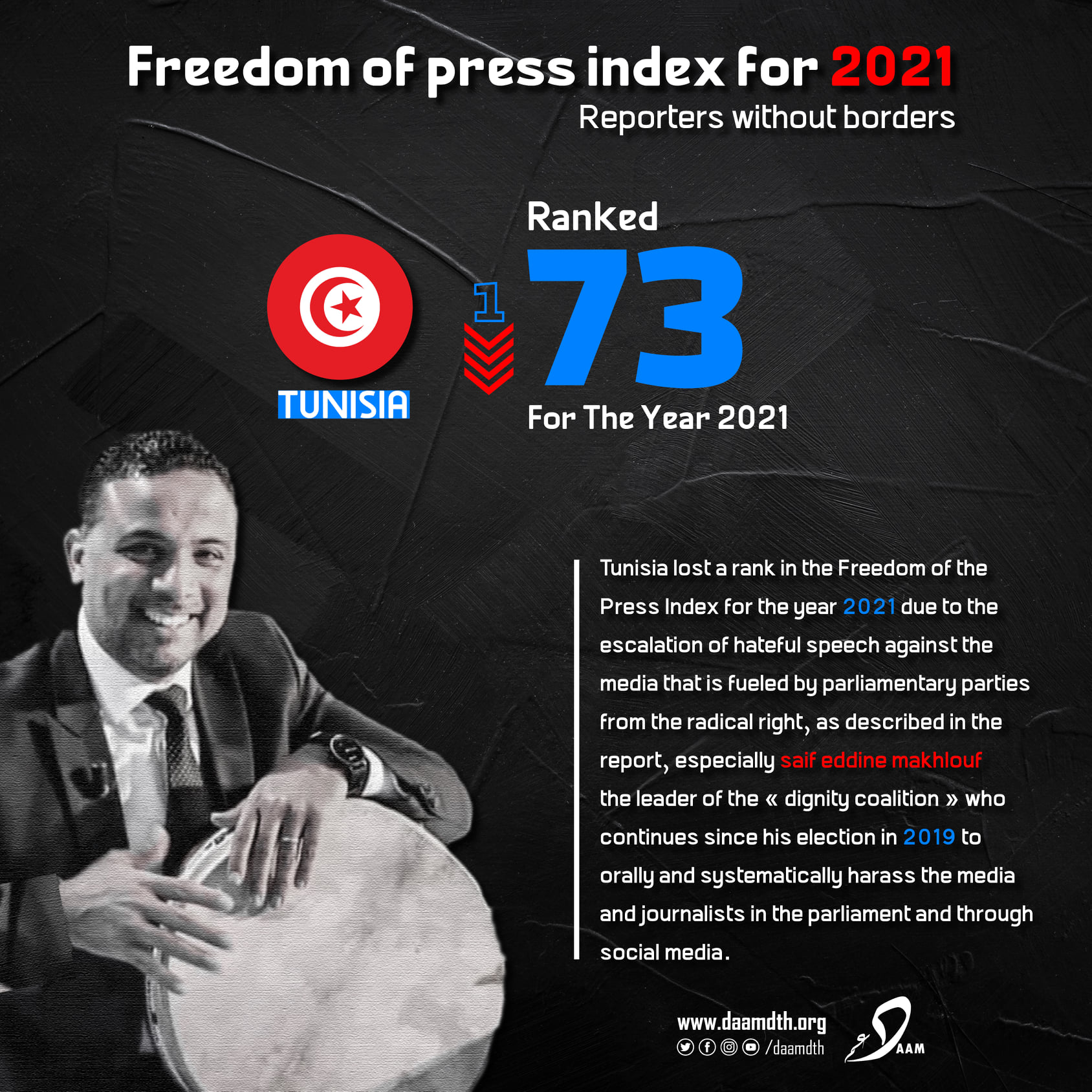
Whereas if the user from outside the field of media is not qualified or not necessarily willing to verify the sources, compare and diversify them to reach the accurate news and verify it in a professional manner, it is strange today that some journalists or activists fall into the trap of Facebook rumours and adopt it as the truth Sometimes, which robs the citizen’s right to accurate and proven news, throws the recipients into a cycle of fear, panic and lack of confidence, and fuels violent and radical behaviours, and often reinforces the state of frustration that threw young people, as well as children, at sea and under the dirt, putting an end to a life that no longer suits them amid a general context fraught with alarming, depressing and gloomy news and data.
Another striking phenomenon is the involvement of some politicians in uses that directly and almost instantaneously affect the course of Tunisian democracy. Our example is the use of the “Facebook Live” service that some politicians have taken as a vehicle and a platform to divulge confidential information and documents, tamper with personal data and bodily sanctity, to distort opponents, settle political accounts, create a general state of tension, and create a sense of helplessness, insecurity, or great resentment among some citizens who have exhausted them. The political, economic, health and security situation worsened. Not to mention the proliferation of audio leaks and personal files that threaten the lives and intimacy of individuals, as a result of which the homes are destroyed and families disintegrated as each important political date approaches.
And if some consider the ability of a politician today thanks to Facebook to express freely through his Facebook account without the need for the classic mediator, i.e., the media, and to be in a virtual direct relationship with his followers, a manifestation of democracy, yet others consider it a flagrant threat to democracy as it is based on a discriminatory social system adopted and run by society and based on a specific political and moral culture. Likewise, political discourse and communication is a self-based science relying upon techniques, literature, ethics and media that cannot be denied and replaced by Facebook services in a crude and ill-considered form …
We wonder here about the role of the media today in informing the public about the political issue in its professional and scientific way: Will it be rejected of absented and gradually eliminated, and direct platforms such as Facebook to transmit information, fallacies and allegations without a judge or mediator?! And if the role of accountability is being carried out by the professional, trade union and revisionist structures of the media today, and if the role of the mediator is historically performed by the journalist who takes raw information, checks it, searches its sources, and turns it in a scientific method and techniques into news, then who will play the role of the monitor and mediator for these politicians, citizens and citizens in out-of-state platforms , outside of local legislation and professional controls, and in complex technological bearings in terms of safety and privacy measures ?! Is talking about a mediator and a proxy today, does not take us back to the years of censorship, repression, tracking and random suspensions, especially since the recent period witnessed violent arbitrary arrests of activists and digital activists!! We also wonder, if democracy presumes a distinct system that adopts a certain political and moral culture, Is this the political and moral culture that our society adopted or imposed on it in some way, during the revolution?!
The Canadian researcher, Serge Proulx, one of the most famous researchers in the sociology and uses of media and communication technologies, issued in 2015 a study in which he explained what he called “the gradual erasure of the promise of a democratic Internet” that many dreamed of. Where Facebook specifically considered a threat to this promise of democracy and stressed the need to build a “qualitative knowledge democracy” through the Internet, and that true democracy is not measured by the ability to freely access and use the Internet without censorship, but rather that democracy is based on knowledge and a shared value system and technology comes to support it. And That technology is not the one supporting democracy, but its rather vice versa through rejecting all types of control and sensitizing about the need to self-regulate and the necessity for Facebook to comprise violations’-detection services and an info-bank that archives clearly and irreversibly political publicity and especially electoral violations.
Perhaps the biggest threat to democracy today in relation to Facebook is its use during the elections, as it is the largest event directly related to democracy in its most ancient definitions, as the statistics of the first trimester for the year 2019 reveal that more than 7.5 million Tunisians used Facebook prior to the presidential and legislative elections and that Facebook was the n°1 source of information for Tunisian, men and women, during these elections. That is, with all of the fallacies, rumours, violence and settling of accounts mentioned above, it was with all this and others a basic source of information for the electorate and it comes before radio, newspapers and televisions and before pamphlets and meetings of the candidates and before the direct expression sessions provided by the Independent High Authority for Elections and before the television debates…
In light of all the violations and threats recorded on this site and with the almost complete absence of more sophisticated monitoring mechanisms of its own and regulatory frameworks adopted by legislative texts and laws governing communication and elections, it becomes very difficult to assert that there will be no direct effects, distortions and fallacies for voters and it becomes almost impossible for the parties concerned to monitor informal abuses during elections. What is meant here informally is all the transgressions committed by unofficial pages and groups of male and female candidates on Facebook, as the law permits the monitoring of official pages in their propaganda content and their cost and does not provide for monitoring pages that are not attributable to candidates even though it is carrying out a clear campaign for them and pays huge sums for its financing on Facebook, it far exceeds the amounts allowed for the purpose and is paid in suspicious and illegal ways using foreign currencies and from foreign countries, in flagrant violation of the law governing Tunisian election campaigns.
There are those who do not assert today in this regard the direct influence of Facebook in the final test of the electorate, especially since the winning candidate for the presidency of the republic did not have him according to reports, among which we can find the report of “Atid” organization, official pages, publicity funds whatsoever. Despite that, he collected a lot of voices in front of opponents who built their marketing and propaganda strategies on the digital loader basically and allocated a lot of time and capabilities to it, but if Facebook did not officially and definitively affect the change of the vote and the results, it inevitably influenced to some extent in creating a negative atmosphere characterized by verbal violence, oppression and bullying and contributed to the spread of rumours and fabrications about candidates and was used by many users and politicians as a tool to try to impose and popularize the idea of what they called “the vote utile” again in 2019, after the success of this “approach” in the previous presidential elections between Moncef Marzouki and Beji Qaid Essebsi.
